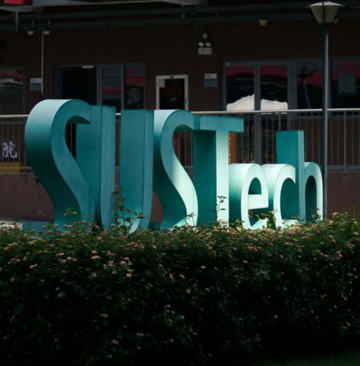Top water security experts from around the world gathered at SUSTech Symposium
Nowadays, international water security is a major challenge facing humanity, causing environmental, economic, social, and cultural issues. Ensuring water security, hence, plays a key role in achieving the United Nations’ sustainable development goals (SDGs) in different countries around the world.
This week, the International Symposium on Water Security and Climate Change was held at the Southern University of Science and Technology (SUSTech), Shenzhen, China.
World well-known academicians, fellows of academies, and scholars came together to discuss major issues related to international water security under continuing climate change.
SUSTech Vice Provost (Global Strategy) and Founding Dean of the School of Environmental Science and Engineering Prof. Chunmiao Zheng attended the symposium with the current dean Prof. Zhang Youkuan. Renowned Prof. Junguo Liu convened the symposium and presided over the opening ceremony.

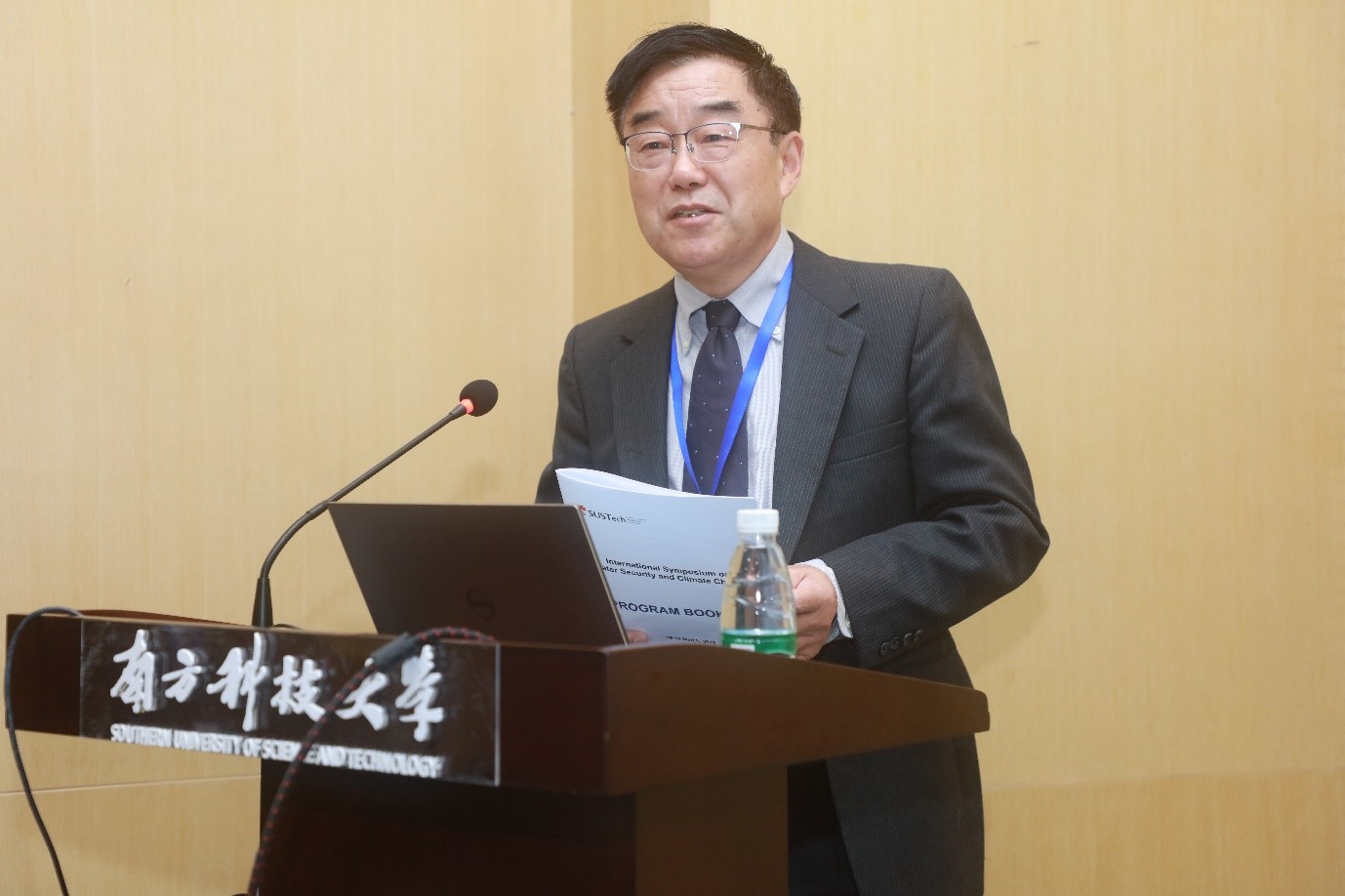
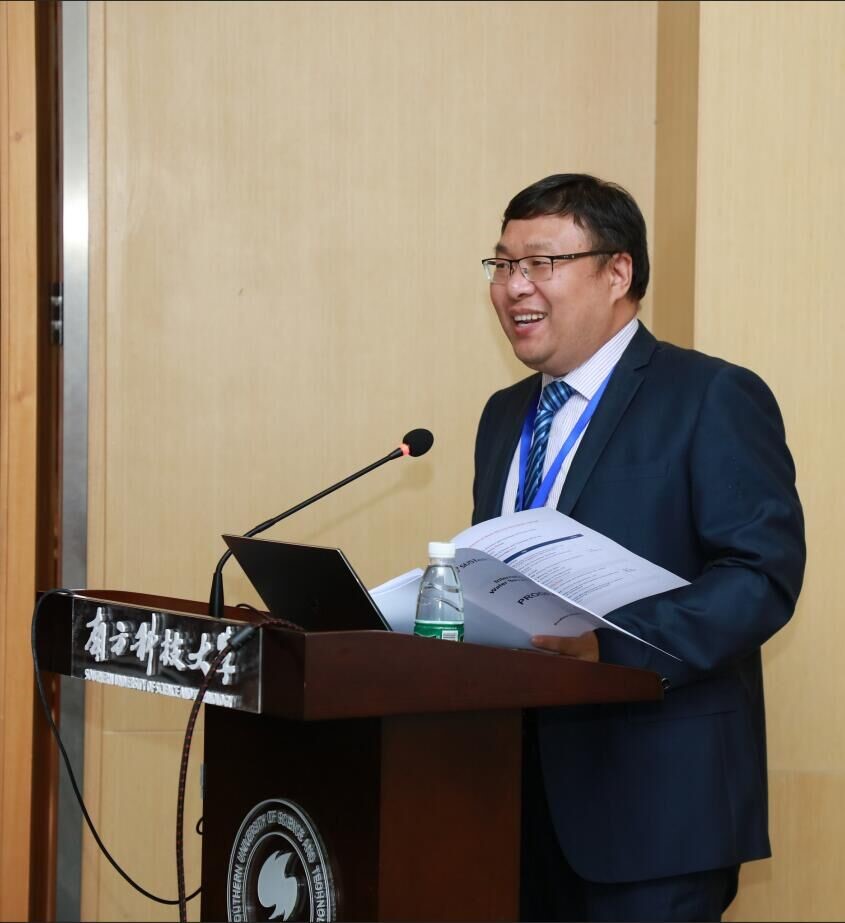
The symposium aimed at ensuring water security in China and its neighbors, particularly Southeast Asian countries. Experts from multiple interdisciplinary research fields came to SUSTech to discuss the impact of climate change on water resources utilization in Southeast Asia.
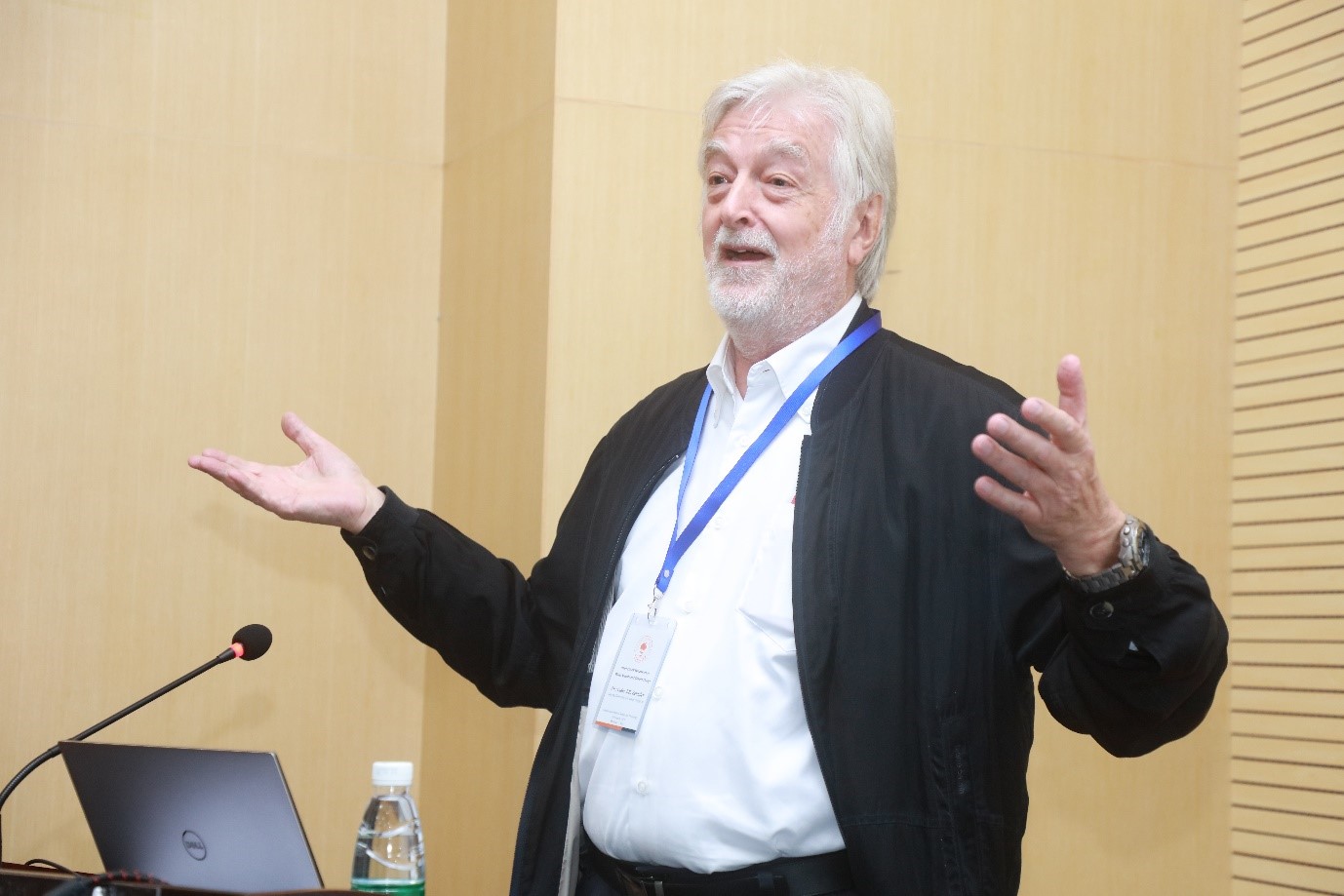
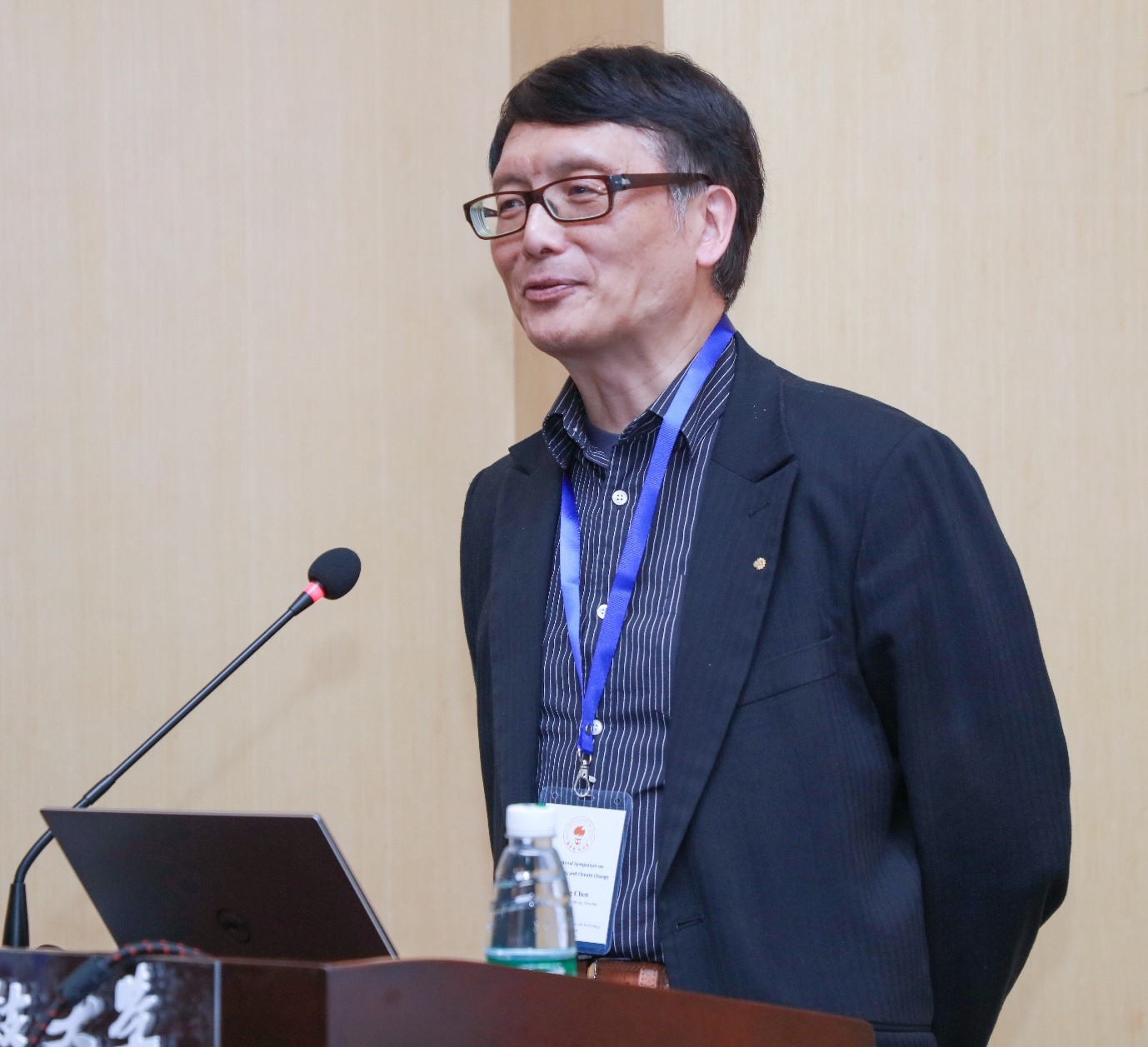
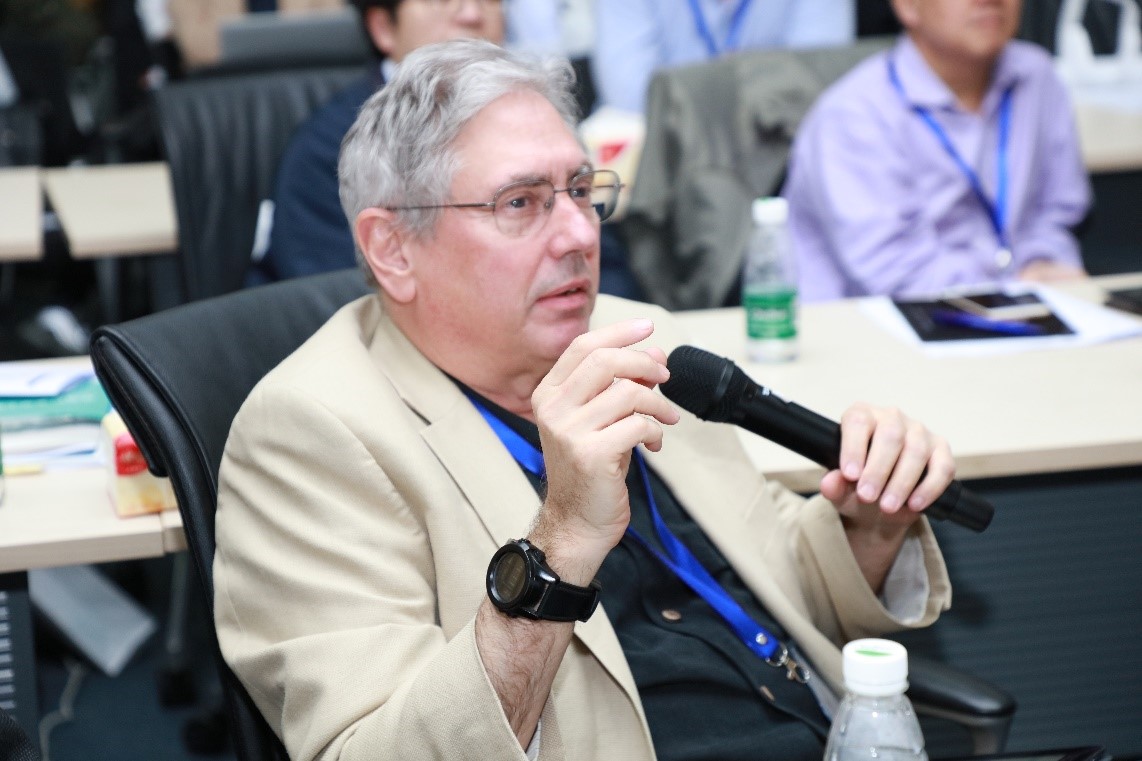
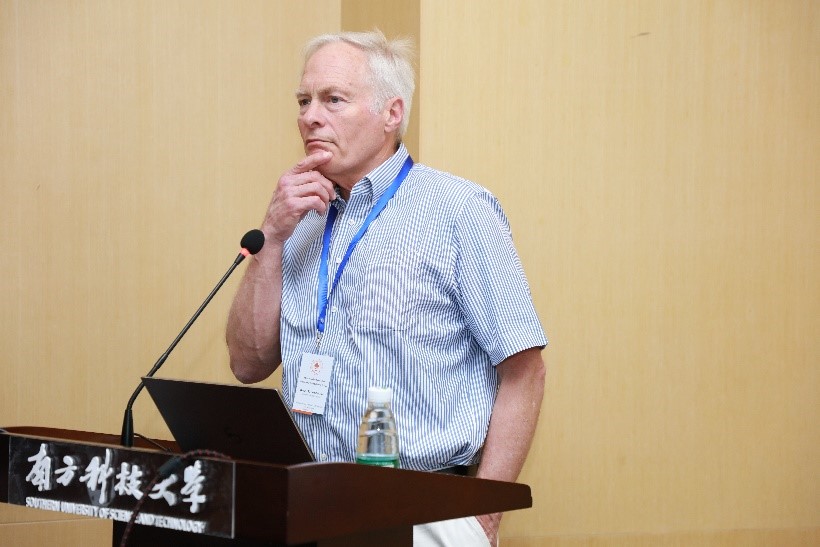
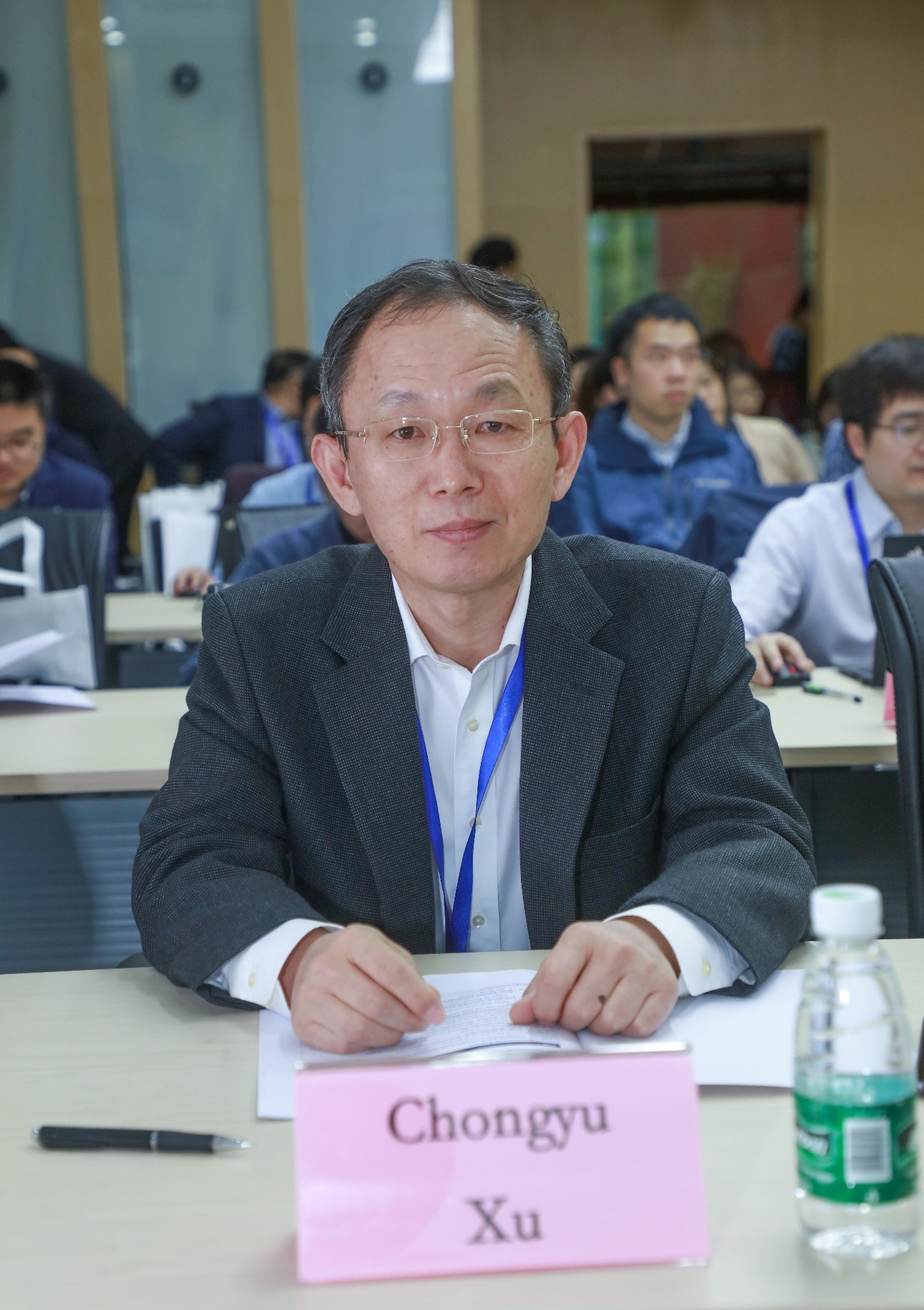
There were a series of highly intelligent speeches during the symposium:
Alexander J.B. Zehnder from the Nanyang Technological University (Singapore) talked about the challenges of water security and the regional differences in water consumption;
Steven Gorelick from the Stanford University (USA) explained arsenic pollution in Southeast Asian aquifers that is a serious safety problem for local groundwater use;
Deliang Chen from the University of Gothenburg (Sweden) talked about the current limitations of climate models, and how the new high-precision WRF models have improved water vapor transport simulations over the Qinghai-Tibetan Plateau;
Dennis P. Lettenmaier from the American Academy of Engineering spoke convincingly of the strong relationship between extreme floods and water vapor transport, and how soil moisture influences flood generation processes;
Jeffrey J. McDonnell from the Royal Canadian Academy of Sciences explained that the water balance of ecosystems at the basin scale requires a new water management approach;
Chongyu Xu from the University of Oslo (Norway) examined the need to remodel the water cycle processes based on environmental modifications in response to climate change;
Junguo Liu from SUSTech (China) believes that integrating human-made grey infrastructure with nature-based green infrastructure is a key to offset such water shortages.
SUSTech (China) with the University of Gothenburg (Sweden) sponsored this symposium. Some of the participants were served as the consulting committee for the Climate and Water Resources Changes in the Great Rivers Regions in Southeast and South Asia Project (Great Rivers Project). This was co-chaired by Prof. Junguo Liu and Prof. Deliang Chen.
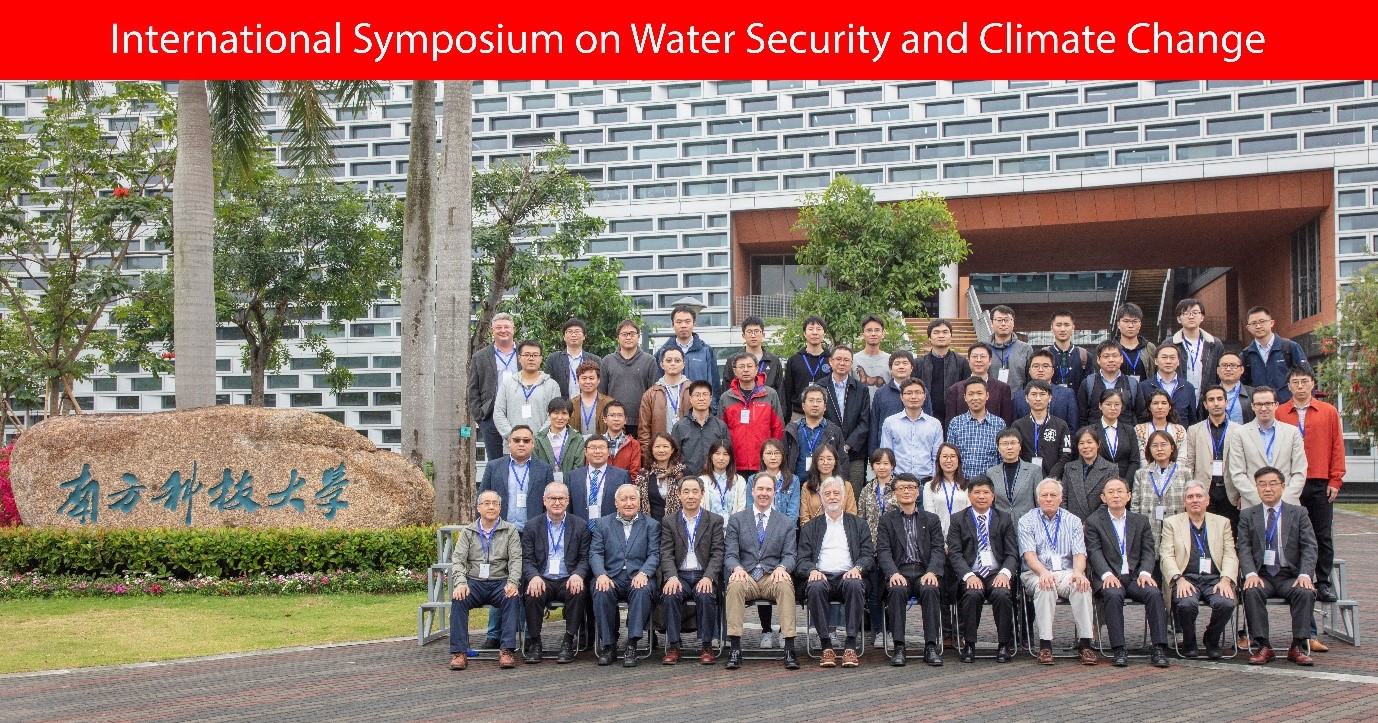
The Great Rivers Project launched on 30 September 2018, acting towards the environmental development of the Belt and Road Initiative. It addresses the key environmental issues throughout Southeast and South Asia, with a focus on regional climate and water variability and change in the Lancang-Mekong River Basin.
The Great Rivers Project will investigate both current and future climate change scenarios to understand the historical evolution and future of water resources in Southeast and South Asia. It mainly aims at explaining the natural and human driving mechanisms behind changes in water resource use. This knowledge will provide the scientific background and technical support to ensure water security throughout Southeast and South Asia under the Belt and Road Initiative.
